Introduction:
African cichlids are a diverse and vibrant group of fish known for their stunning colors, unique behaviors, and fascinating breeding patterns. With their remarkable adaptability and captivating personalities, breeding African cichlids has become a popular pursuit among aquarium enthusiasts. In order to ensure successful reproduction and the overall health of these remarkable fish, providing them with a nutritious diet that includes live aquarium foods is crucial. In this article, we will explore the world of breeding African cichlids and the significance of live foods in their diet.
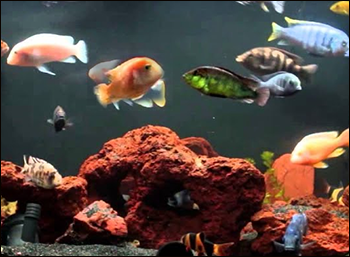
Breeding African Cichlids:
African cichlids are renowned for their complex breeding behaviors, intricate courtship rituals, and dedicated parental care. Breeding these fish can be a rewarding but challenging endeavor, requiring careful attention to their specific needs and natural habitats. To encourage successful breeding, it is important to replicate their natural environment, maintain optimal water parameters, provide suitable hiding places, and offer a diverse and nutritious diet.
The Role of Live Aquarium Foods:
Live aquarium foods play a crucial role in the diet of African cichlids, as they closely resemble their natural prey in the wild. Incorporating live foods into their diet provides numerous benefits and helps simulate their natural foraging behavior, leading to improved health, coloration, and breeding success.
Types of Live Aquarium Foods for African Cichlids:
- Brine Shrimp: Brine shrimp (Artemia) are a popular live food option for African cichlids. These small crustaceans are rich in protein and essential fatty acids, promoting growth, vibrant coloration, and overall vitality. Hatching brine shrimp eggs at home allows for a constant supply of fresh live food for your cichlids.
- Blackworms: Blackworms (Lumbriculus variegatus) are nutrient-rich, small segmented worms that are highly prized by African cichlids. They are an excellent source of protein, amino acids, and essential fatty acids. Cultivating blackworms in a separate container allows for easy harvesting and ensures a steady supply of this nutritious live food.
- Daphnia: Daphnia, small freshwater crustaceans, offer a high nutritional value for African cichlids. These tiny organisms are rich in vitamins and minerals, promoting overall health and enhancing their immune system. Cultivating daphnia in a separate container allows for regular harvest and feeding.
Benefits of Live Aquarium Foods:
- Nutritional Excellence: Live aquarium foods provide a natural and varied diet for African cichlids, ensuring they receive essential nutrients, vitamins, and minerals required for optimal growth and development. The high protein content in live foods supports muscle development and vibrant coloration.
- Enhanced Immunity: Live foods contain natural enzymes and probiotics that promote a healthy digestive system and boost the cichlids’ immune system. This aids in disease prevention and increases their overall resistance to various ailments.
- Natural Behavior Stimulation: Foraging for live foods engages the natural predatory instincts of African cichlids, promoting mental stimulation and preventing boredom. It encourages active swimming and enhances their overall well-being.
- Reproduction Success: A well-balanced diet that includes live aquarium foods can significantly enhance the breeding success of African cichlids. The high nutritional value of live foods ensures that both the breeding adults and their fry receive the necessary nutrients for optimal growth and reproduction.
Conclusion:
Breeding African cichlids is a captivating endeavor that requires attention to detail, patience, and a nutritious diet. Incorporating live aquarium foods, such as brine shrimp, blackworms, and daphnia, into their diet provides numerous benefits, including improved health, enhanced coloration, and increased breeding success. By offering a diverse and nutrient-rich diet that closely mimics their natural prey, aquarists can ensure the overall well-being and reproductive success of their African cichlid colonies. Remember, a healthy and thriving cichlid population begins with providing them with the live foods they need to flourish.
-
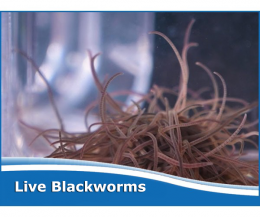
Live Australian Blackworms
$53.00 GST inc. Add to cart -
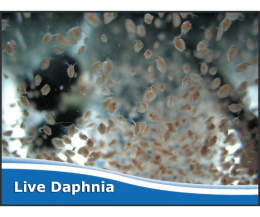
Live Daphnia Starter Culture
$46.50 GST inc. Add to cart -
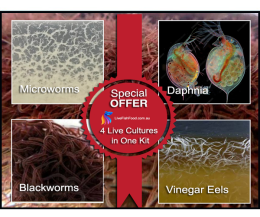
Four Live Cultures in One Kit
$74.50 GST inc. Add to cart -
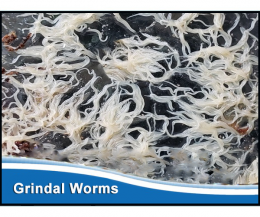
Live Grindal Worms Culture
$29.00 GST inc. Add to cart -
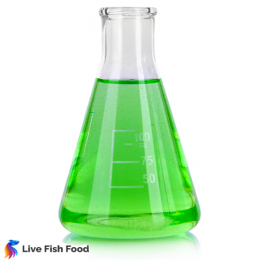
Live Phytoplankton (Greenwater) starter
$19.90 GST inc. Add to cart -
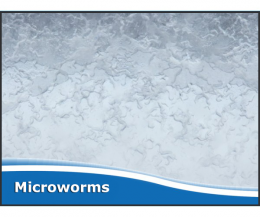
Microworms Starter Culture
$23.50 GST inc. Add to cart -
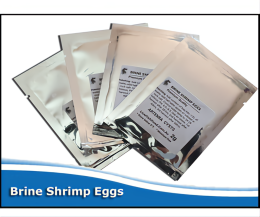
Artemia Cysts / Brine Shrimp Eggs – Pre Measured
$16.50 GST inc. Add to cart -
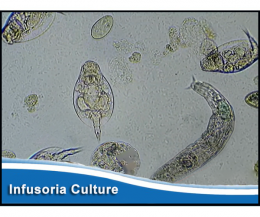
Infusoria Starter Culture
$24.50 GST inc. Add to cart -
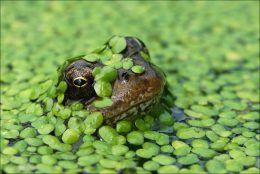
Live Duckweed Starter Pack (Lemna disperma)
$12.50 GST inc. Add to cart -
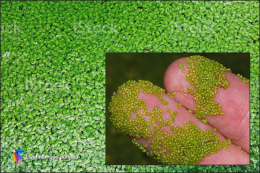
Wolffia arrhiza, Watermeal Duckweed – Starter Culture
$12.50 GST inc. Add to cart


